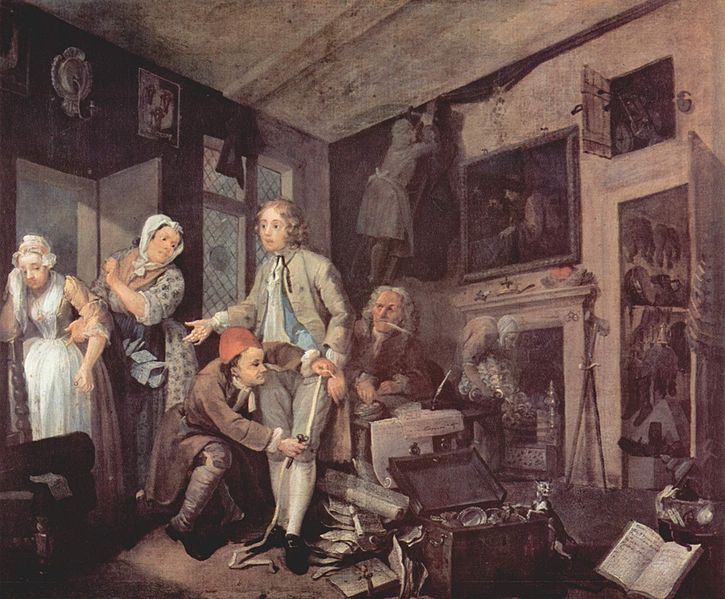The Fourth Estate has always been a powerful force in British politics; the concept that the free press will serve as a watchman against the hubris of the political caste is as comforting as it is essential for democracy to thrive. Witness the checks and balances offered by the Washington Post during the Watergate scandal that ultimately led to the downfall of the Nixon Administration or the exposition of MP's expenses by the Daily Telegraph and Heather Brooke. Political journalists can, and often do, offer a vital service to the public who rely upon their investigative abilities.
However, for every Heather Brooke or Bob Woodward and Carl Bernstein, there are many more political journalists that believe the only way to expose the truth from a politician is by claiming it from their cold, dead hands after besting them in an interview. This is a far cry from the political interviews of Harold Macmillan's generation, a more reverential era in which journalists would allow the politicians to make any claim without any form of intellectual challenge, therefore it was impossible for politicians to be held to account by the general electorate. Now political interviews are more a game of cat and mouse, in which the journalist will attempt to trip up a politician by a series of "hard" questions, whilst the politician will attempt to stay "on message" for as long as possible. The end result is a less glamorous, political version of Gladiators, sadly without John Fashanu and Ulrika Jonsson.
The issue is - politicians in many instances can only speak in insincere, vague half-truths that have been dictated to them by the Communications Director or the Party Whip; the new policy initiative might be contrary to personal beliefs or previous statements but the individual politician has to support it. The interviewer is fully aware of any internal conflict that the politician maybe suffering and spends the whole interview labouring around one specific point. Often there is no winner and the general public are none the wiser about any new policy initiative that the politician is attempting to promote.
Furthermore, there is a great dichotomy for any politician - how much of the truth can you divulge? A major theme during the last General Election was the news reporting, via vox pops and radio phone-ins, people just wanted the truth, the unadulterated truth; the general electorate where ready to hear the Uncomfortable Truth. Sadly, the quickest way for a politician or party to become unelectable is for them to start telling the public how it is; if during the election campaign any of the three main parties said that Britain was going to suffer a prolonged period of austerity in which VAT will rise to 20%, inflation would pass 5%, unemployment would continue to increase and many thousands of public sector jobs would be cut, how many people would actually vote for them? How many media outlets would utterly destroy that politician?
People would rather vote for Mary Poppins telling them that a spoon full of sugar will help the medicine go down, than for Private Frazer from Dad's Army tell us that "We doomed, I tell ye!". It is only natural...
So why are there so many bland and inter-changeable politicians? Well, as Darwin's theories on evolution state, the most successful species are the ones that are the quickest to adapt to their environment. The politicians we have now are the politicians that are the quickest to adapt to their environment, that is, they are the most electable - we get the politicians we deserve. As Jack Nicholson points out in the film A Few Good Men, "you want the truth, you want the truth... YOU CAN'T HANDLE THE TRUTH!"
And sometimes the politicians get the Paxman they deserve...
Subscribe to:
Post Comments (Atom)




No comments:
Post a Comment